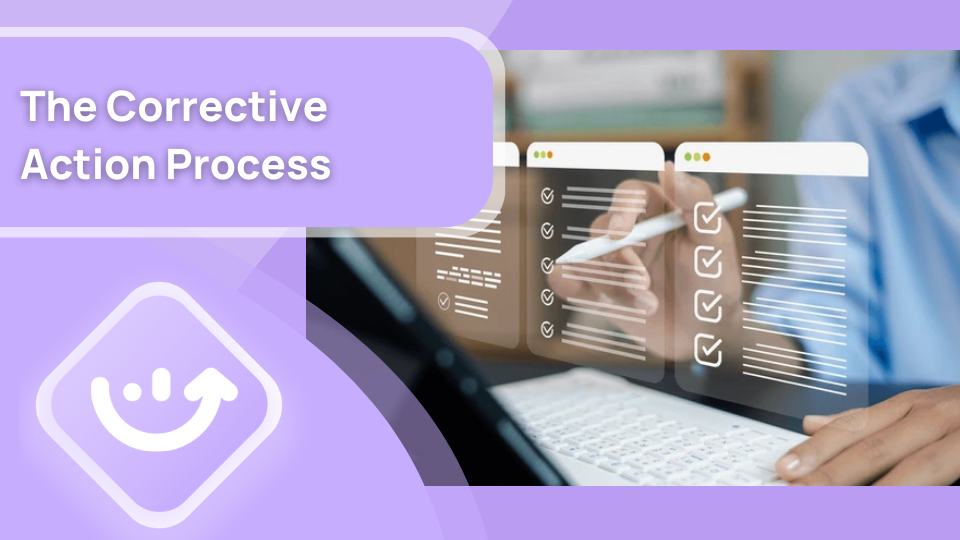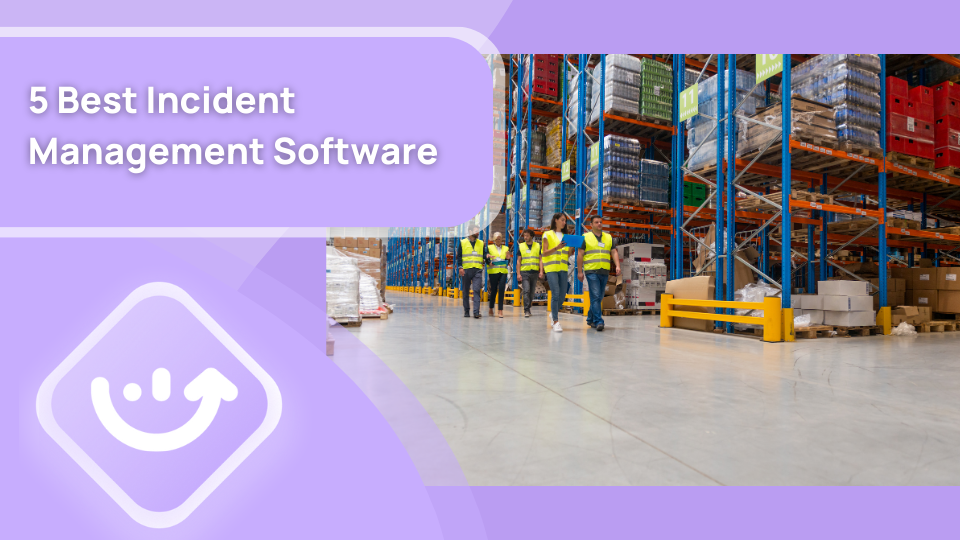Hoteliers must be prepared to fulfill guest requests at a moment's notice. From fresh linens and extra blankets to later checkout times and maintenance fixes, hotel guests have a variety of needs from day to day, and managing all of them can start to get complicated when your team is spread out across the property and rooms are full.
.svg)

Priced on per user or per location basis
Available on iOS, Android and Web
Missing the mark on a guest request can mean the difference between a five-star online review and a damaging guest complaint. In an era when online reviews can make the difference between fully booked room blocks and empty hallways, managing guest satisfaction is critical to impact your bottom line.
Fortunately, technology has come a long way in the past few years. Once clunky, desktop only operations platforms have been replaced with frontline friendly software available across desktop and mobile devices. Modern Guest Request Management Software streamlines communication and task management to eliminate miscommunication and decrease speed to resolution, driving guest satisfaction and positive reviews.

4 Benefits of Digitizing Guest Requests
1. Improved Speed to Resolution
Digitizing guest requests makes it easier to track and improve speed to resolution by streamlining the process of communication and execution. When guests call the front desk or submit a request via mobile app, their task is automatically routed to an available staff member. This employee receives an alert on his or her smartphone and can get started on fulfilling the guest request immediately. Once the request is fulfilled, the employee marks the task as complete. The reduction of radios, paperwork and in person chatting allows for faster resolution times that can be measured, tracked and improved over time.
In this video case study, the Majlis Grand Mercure in Abu Dhabi was able to reduce guest request completion time by over 50% to an average of 3.5 minutes by using Xenia.
2. Increased Managerial Oversight
In large properties, it is difficult for general managers, head of rooms and chief engineers to keep tabs on all of their teams' progress on assigned work. The result of poor oversight is decreased efficiency and increased labor costs per task. In a recessionary environment with decreased revenue per available room (RevPAR), optimizing staff operations is a key to sustaining profitability. Digitizing guest-request information leads to improved managerial oversight of deskless operations. With the right support, managers can easily identify and correct bottlenecks that are threatening the bottom line.
3. Achieve Environmental Initiatives
As the world changes, so do the expectations of environmental responsibility. Hotels are no exception, and digitizing workflows can help decrease the carbon footprint. Paper-based processes create excess waste and drive inefficient systems. Using a digital task manager for work orders, guest requests and equipment logs can significantly reduce the need for "old school" systems.
4. Generate Operational Analytics
How many work orders and guest requests were completed this month? How does that compare to last month? Last year? How long do requests take on average? What requests can our property do better with?
Data drives the world and many legacy industries have been slow to catch up. One of the ways that hoteliers can drive better analytics is to conduct their work on a digital system that collects and stores information automatically. With the right platform, all of these questions can be answered accurately simply by looking at your phone. That power is something Hoteliers in the past could only dream about!

How To Pick Software That Will Make a Difference?
Prioritize Ease of Use
Just because a management team thinks a software solution is a great idea, does not mean that it will get used enough to realize the benefits. Managers can waste days trying to implement software that is too difficult and complex for the frontline to use confidently and consistently. This results in “shelfware” along with the feeling that pen and paper is the only way.
Software used by the front line needs to be designed specifically for the frontline. This means an intuitive user interface with streamlined accessibility. When evaluating software, ask yourself, can your child operate the platform? If not, it may be too complex for your team.
Focus on Flexible Tools
Hotels have no shortage of problems that technology can solve. But 20 solutions for 20 problems is a problem in itself. Hotels need to think cross functionally and look for flexible tools that can suit a vast array of use cases. This means general systems with customizability. For example a task manager can be used from work orders, housekeeping management, guest requests and more. A checklist builder tool can be used for inspections, standard procedures, audit trails and more. A custom log tool can track readings from pool chemicals to boilers and chillers. Combining these simple concepts together in a way that is easily customized to property needs results in a flexible solution that drives adoption.
Define Your Needs & Wants
When prioritizing ease of use and flexibility, managers need to understand that they will not be able to get absolutely everything they want. To help ensure a good decision, managers should begin by listing out their needs and wants, assigning priorities to each. This will help you stay vigilant of the shiny object effect of software that claims to do 100+ things but has more bark than bite. Remember the 80/20 rule. 80% of the value will come from 20% of the features. Make sure your “20%” is your need to have features.
Utilize Free Trials
Most modern B2B software has the ability for a free trial. This is an important resource for properties to test out a software before committing to a contract and onboarding process. For free trials, create a small core testing team that will implement the software in their daily work. Have feedback meetings on what they liked and disliked before trying the next software solution. This will help you understand the differences in technology to make a more informed decision.

Software Is Here To Stay In The Hospitality Industry - Try Xenia
Guest Requests is one of many challenges that hotels face on a daily basis, but is a good place to start implementing technology. Adopting new systems can be a challenge, but it gets easier with each additional change as your team can learn to adjust. By choosing the right software, managers can drastically improve the likelihood of adoption and measurable success.
Frequently Asked Questions
Got a question? Find our FAQs here. If your question hasn't been answered here, contact us.

Looks like there's no data available in our FAQ section at the moment.

.svg)
.webp)
%201%20(1).webp)





.webp)

.svg)
%201%20(2).webp)










